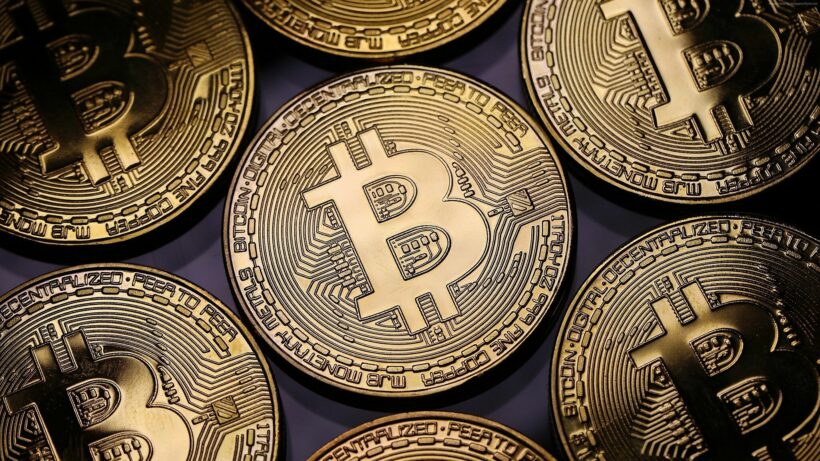China announces cryptocurrency trading is illegal

China’s central bank has announced that all transactions using cryptocurrencies are illegal and have increased crackdown efforts on illegal mining of the currencies in China.
Chinese banks have been prohibited from handling cryptocurrencies for nearly a decade, but traders have continued to buy and sell cryptocurrencies surreptitiously for years. China has also previously been considered one of the biggest producers of bitcoin worldwide. CBC says the crackdown represents a larger push by Beijing to sharply decrease the risk to the country’s economy, namely the technology sector and the real estate sector.
“Virtual currency derivative transactions are all illegal financial activities and are strictly prohibited”, says the People’s Bank of China via its website.
This is not the first time China has instituted a crackdown; and previous crackdowns have forced mining centres to shift to other regions, such as the US neighbour to the north, Canada. Those familiar with the situation say this represents China’s strongest language related to Cryptocurrencies so far. George Zarya, CEO of Bequant crypto exchange in London, says China has gone to extremes before with assertive statements and prosecutions, which resulted in radio silence.
“This time the point was made very clear that China will not support cryptocurrency market development as it goes against its policies of tightening up control over capital flow and big tech”.
The notice claims that bitcoin and other cryptocurrencies fracture the financial system. It also alleges that cryptocurrency is used in money laundering and other crimes. China asserts that cryptocurrencies cannot be dealt with the same way fiat currencies, such as dollars are treated. They say removing this type of digital currency is a necessary precaution to cut down on risk and as a result, reach China’s carbon-reduction goals, says economist Derek Holt.
China is still working on an electronic version of the country’s yuan to assist in cashless transactions.
SOURCE: CBC
Latest Thailand News
Follow The Thaiger on Google News:


























